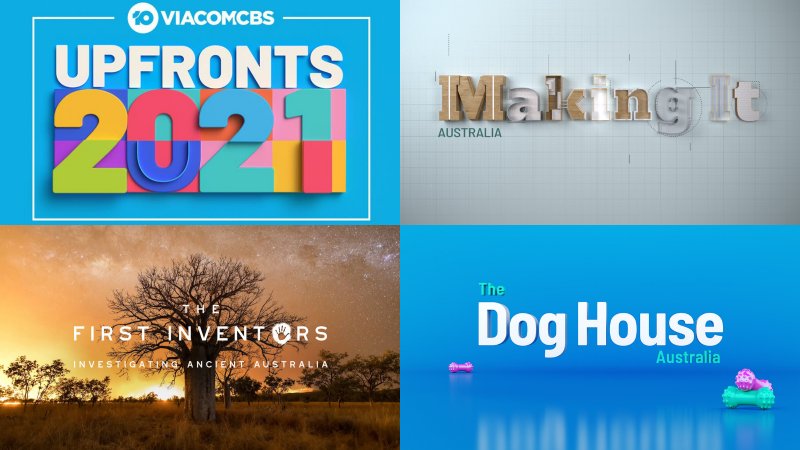Ten showed ‘there’s no place like home’, but ‘skipped over’ non-programming offering: Media buyers review 2021 upfronts
In this series, senior media buyers review each network’s 2021 upfronts presentation, weighing in on what they got right, what they missed, and how the virtual events stack up to the ‘real life’ versions. Last week, it was Ten’s turn.
Last year, chief sales officer Rod Prosser appeared in a Carpool Karaoke segment with James Corden. Fast forward to this year, and Ten stressed the importance of home. Its 2021 upfronts presentation opened with Amanda Keller as The Wizard of Oz’s Dorothy, flanked by her Living Room co-hosts – who were the lion, tin man, and scarecrow – and Osher Gunsberg as the Wizard of Oz himself.
Sizzle reels highlighting Ten’s slate were used to illustrate the network’s ‘heart’, ‘brain’, and ‘courage’, but the segment used the ‘No place like home’ tagline to confirm that shows usually filmed internationally – The Amazing Race, Survivor, I’m A Celebrity, Get Me Out Of Here! – will be made in Australia next year.


